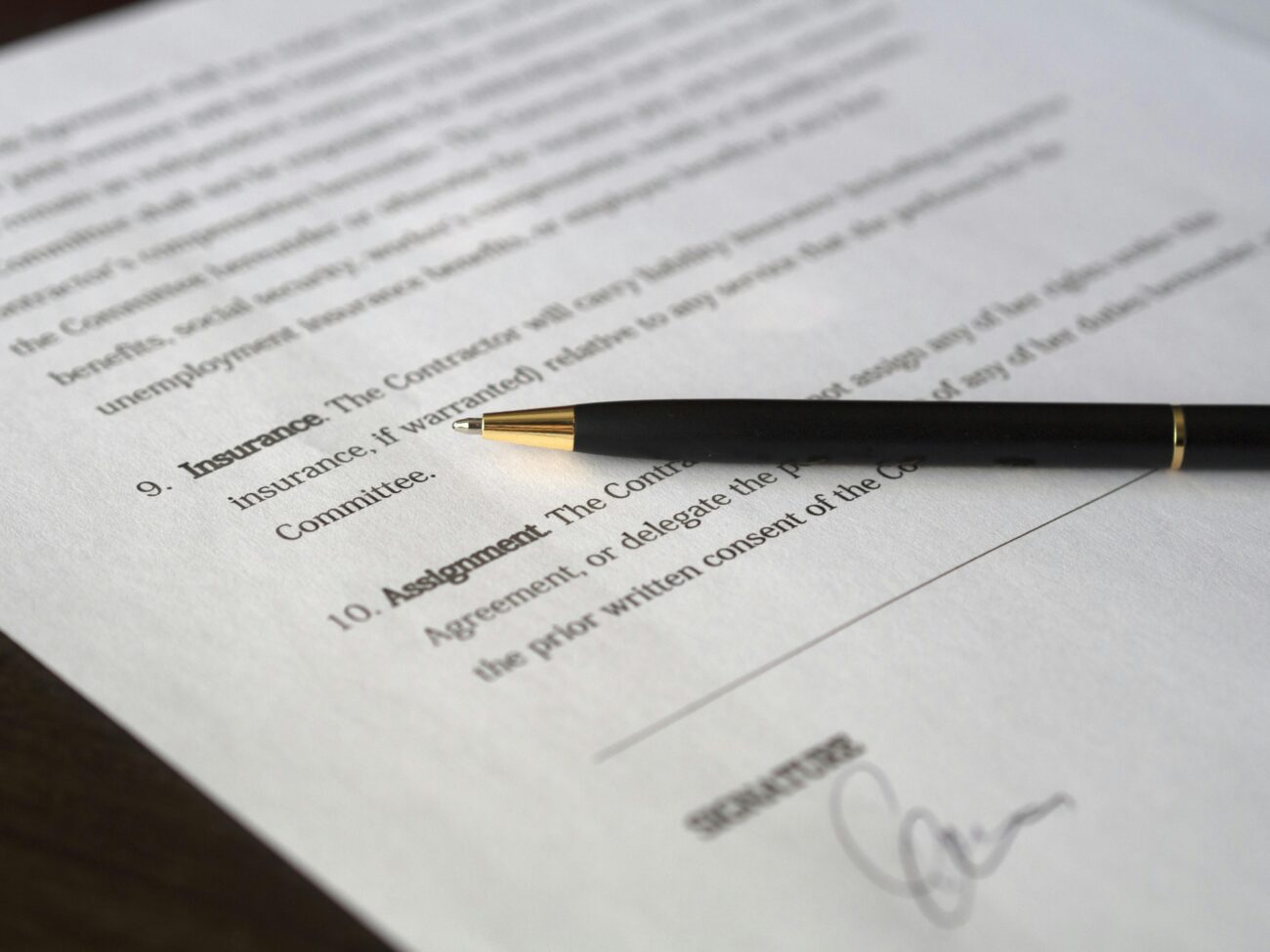Understanding the differences between liability insurance and comprehensive coverage is crucial for anyone looking to protect their assets, be it a vehicle, business, or property. Both insurance types serve unique purposes, and knowing when to utilize each can save you money and headaches down the road.
What is Liability Insurance?
Liability insurance is designed to protect you against claims resulting from injuries and damage to others. It covers legal costs and payouts for which you are found liable, making it essential for individuals and businesses alike.
Key Features of Liability Insurance
- Basic Coverage: Includes bodily injury and property damage.
- Legal Defense: Covers legal fees incurred from lawsuits.
- Mandatory in Some Cases: Required for drivers in most states and for businesses by law.
Types of Liability Insurance
There are several types of liability insurance you should be aware of:
- Automobile Liability: Covers damages in car accidents.
- General Liability: Protects businesses from various claims.
- Professional Liability: For professionals like doctors and lawyers, covering malpractice claims.
What is Comprehensive Insurance?
Comprehensive insurance, often referred to as ‘comp’ insurance, is a type of auto insurance that covers damage to your vehicle not involving a collision. This includes a variety of events that could lead to loss or damage.
Key Features of Comprehensive Insurance
- Broad Coverage: Protects against theft, vandalism, natural disasters, and more.
- Vehicle Protection: Covers your own vehicle regardless of fault.
- Deductibles: Typically includes a deductible you must pay before coverage kicks in.
Common Situations Covered by Comprehensive Insurance
- Natural disasters (floods, storms)
- Theft and vandalism
- Animal collisions
Liability Insurance vs Comprehensive Insurance: Key Differences
While both types of insurance provide important protections, they serve different purposes. Here’s how they stack up:
| Aspect | Liability Insurance | Comprehensive Insurance |
|---|---|---|
| Purpose | Protects against claims from injuries or damages to others | Covers your vehicle for non-collision related incidents |
| Who it Protects | Third parties injured or whose property is damaged | Your own vehicle |
| Legal Requirements | Often required by law | Optional but recommended for vehicle protection |
| Cost | Generally lower premiums | Higher premiums due to broader coverage |
Choosing the Right Insurance for You
When deciding between liability insurance and comprehensive coverage, consider the following:
- Assess your needs: What are you insuring? A car, home, or business?
- Evaluate your risks: How likely are you to face a liability claim or require vehicle damage coverage?
- Financial implications: Can you afford higher premiums or out-of-pocket expenses?
Be sure to consult with an insurance professional to tailor a policy that suits your unique circumstances. This will ensure you are adequately covered while also managing your costs effectively.
Don’t leave your assets unprotected. Explore your options for liability and comprehensive insurance today. Learn more about insurance types.
Understanding “Liability Insurance vs Comprehensive” is vital for making informed decisions about your coverage. By understanding both types, you can better strategize your insurance needs for a secure future.
